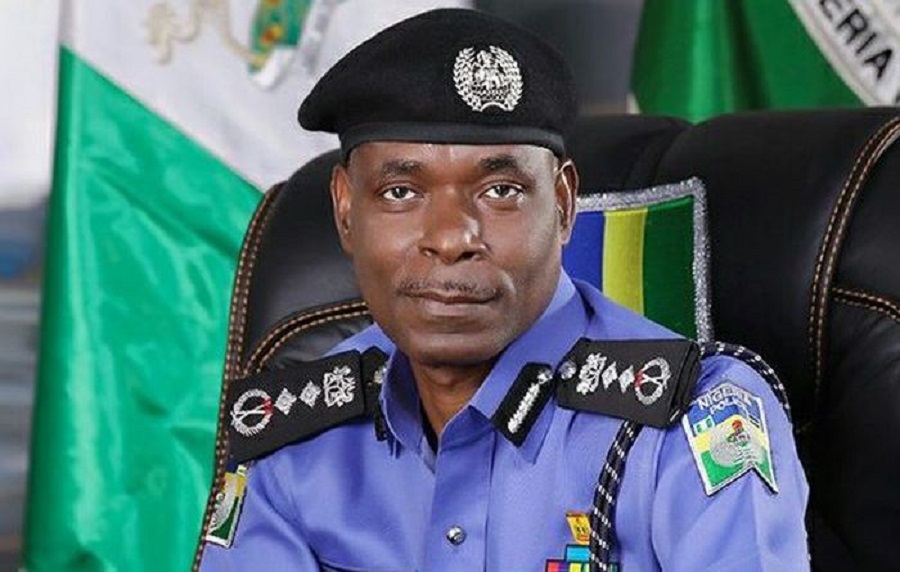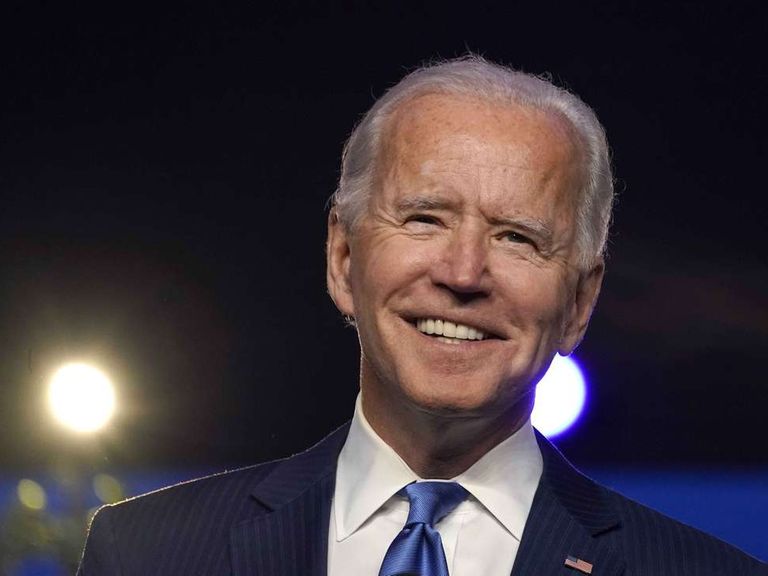
By Mohammed Momoh
It is difficult to estimate the cost of the ongoing protests by Nigerian youths against police brutality, extortion and high-handedness, as lives and properties are being lost daily.
Most gruesome is the Lagos incident where protesters claimed that the army opened fire and killing scores of youths.
Hell had been let loose in Lagos, the mega commercial of over 20 million people. Public and private structures, including police stations, banks and media houses have been burnt.
Two prisons (correctional centres) in oil rich Edo state were attacked and more than 1,900 inmates on the loose and serial attacks also carried out in more states.
Twelve of the 36 states have imposes 24-hour curfew, stifling businesses, including closure international and local airports in Lagos and Enugu.
The wave of protests against the Special Anti-Robbery Squad (SARS) of the Nigeria Police Force which erupted in many cities across the country on October 8, 2020 has left more sore than expected.
The protests began, initially peacefully in targeted police reforms, with special focus on the controversial SARS, a unit of about 30,000 police officers created in 1993 to pursue dangerous criminals but today turned into a gang engaging in extra-judicial killings.
The protests were triggered by a video trending online showing a young man allegedly shot by SARS operatives at Ughelli, Delta; an allegation the police denied.
The predominantly young demonstrators with the hastag #ENDSARS sought the dissolution of the unit and end to police brutality.
The protests seemed to have been accentuated by resentments built up by previous and recent alleged incidents of extra-judicial killings, harassment and extortion on citizens by SARS operatives.
President Muhammadu Buhari, Vice President Yemi Osinbajo met with the police hierarchy, agreeing that the violation of the youths was unaceeptable and decided to scrap SARS and stop other tactical squads from routine patrols as well as stop-and-search duties.
In addition to disbanding SARS, government also directed the 36 states to set up judicial panels to investigate criminal allegations against police; set up Victim Support funds to compensate victim; and also dismissed 37 SARS personnel and listed 21 others for prosecution.
All those in SARS’ detention facilities and arrested protesters were also released unconditionally.
The Inspector General of Police, Mr Mohammed Adamu, also constituted an Investigation Team which included civil society organisations and human rights bodies to work with the police in investigating alleged cases of human rights violations.
Despite these actions, the protesters without visible leaders got deeper in trenches, refusing to leave the streets as well as refusing to nominate representatives to continue dialogue with government.
As the police left the streets, protesters blocked major roads in major cities and in the confusion hoodlums and criminals have taken over, causing collateral damage.
However, the situation may have been fired by the growing economic pains and poverty. Galloping inflation and high unemployment and poor public infrastructures, may have turned ordinary citizen into state of hopelessness and ready tools to unleash mayhem at every given opportunity.
Efforts to contain the violence are difficult because EndSARS protesters refused to leave streets to give a clear vision of who the criminals are.
The protesters in different voices are shouting that hoodlums have hijacked the march, while some insinuations have been made that the proscribed Indigenous People of Biafra (IPOB), a separatist group, was sponsors the violence.
“Unfortunately when hoodlums and criminals are arrested, the protesters cry foul that they were being arrested, Mr Andrew Alabi, a police inspector, reported, saying the double talk is making control of the violence situation difficult.
Alabi said: “There seems to be a third force behind the protests as monies were being pumped from abroad to lure youths to remain in the streets in spite of meeting their demands.’’
The Police Command in Lagos State has warned to ensure that the protests would not be allowed degenerate into anarchy.
The Public Relations Officer of the command, Mr Olumuyiwa Adejobi, said:
“Hoodlums will not be allowed to have free days to kill, destroy and loot people’s property with impunity.’’
Former President Olusegun Obasanjo on October 21, 2020 appealed to the youths and government to end the violence.
“With a heavy heart and a deep sense of concern about the ongoing violence, chaos, and unrest in many parts of Nigeria that I make this appeal to the government and people of our dear country, Nigeria, to eschew violence and embrace peace and dialogue in finding solutions to the challenges.’’
He said he appealed to the government to restrain the military and other security agencies from using brute force as a way of ending the crisis.
He accused the government of not exhausting the opportunities for dialogue with the protesters before resorting to use of force.
Ms Aya Chebbi, African Union Youth Envoy, also urged African leaders to always protect the rights of young people to promote youth development in the continent.
Chebbi, the first AU Youth Envoy and the youngest diplomat at the AU Commission Chairperson’s cabinet, appealed to the protesters to retreat and give peace a chance.
The Economic Community of West African States (ECOWAS) also called for dialogue between the government and #EndSARS protesters for an early and amicable resolution of the social unrest.
It said: “While ECOWAS Commission recognises the right of citizens to freedom of expression and peaceful assembly and protests, it also wishes to stress that those rights should be exercised in a non-violent manner.’’
Dr Bakut Bakut, the Director-General of the Institute for Peace and Conflict Resolution, IPCR, also advised that dialogue is the only potent tool for achieving peace and taming Nigeria’s insecurity.
Respected National Peace Committee (NPC) has waded into the crisis, calling for calm and warning that further escalation of violence could become counterproductive.
NPC headed by ex-military Head of State, Gen Abdulsalami Abubakar (rtd) and Bishop Matthew Kukah, also appealed to government to ensure that the rights of citizens were fully respected and protected.
The committee urged President Buhari to take very seriously, the grievances of the youths, and lay out more clearly, a short, medium and long- term programme for meeting the objectives of the protests for the growth of the nation’s democracy.
“This is very sad, but we call for calm among our people and appeal to the president to ensure that the rights of citizens are fully respected and protected,’’ they said in a statement on Thursday.
The governor of Lagos state, Mr Babajide Sanwo-Olu, whose family house was burnt, said that in spite of his support of protests and implementation of all the five demands the event of October 20, 2020 were no doubt some of the darkest moment.
He said the lawlessness has blossomed into attacking properties and lynching of people but said: “We are comforted that no fatalities were recorded as widely circulated on the social media.’’
The governor who has visited all the wounded protesters, said: “I have, nevertheless, instructed an investigation into the adopted rules of engagement employed by the officers and men of the Nigerian Army deployed to the Lekki Toll Gate.’’
Mr Yakubu Ahmed, a rights activist, said the youths have legitimate demands but they have no representative to negotiate.
“A situation where protesters have no identifiable leaders is confusion and dangerous. They should sit down and negotiate genuine reforms within acceptable timelines and supervised by credible individuals and organizations.’’
He said the spike in the protests an indication that youths are angry.













